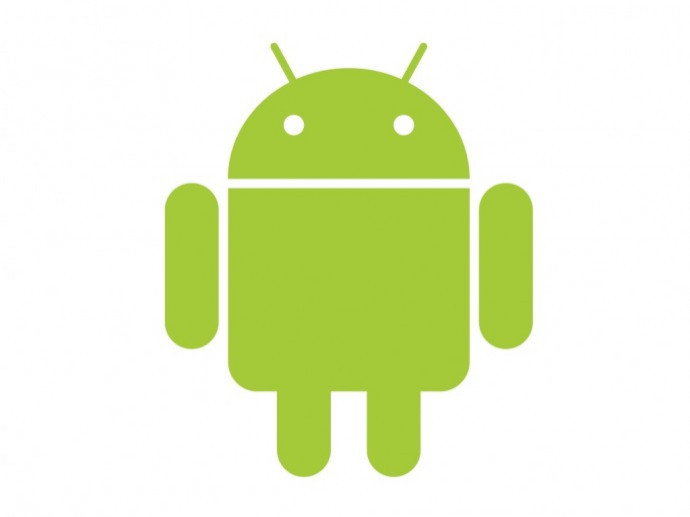Study: Android Tops iOS in Web Speeds

In the battle between Android and iOS over mobile web speeds, Android comes out on top, according to software company Blaze Software.
In a report released today, the Canadian company says that Android's web browser is 52 percent faster than the iPhone's own.
The company's findings are the result of 45,000 tests conducted on 1,000 different web sites. It found that on Android, pages take on average 2.44 seconds to load, compared to pages on the iPhone, which loaded in 3.254 seconds.
That surprised the company, which did not expect such pronounced differences between the performances of the two browsers.
Blaze Software also found that the JavaScript acceleration included in the browsers did not impact how fast pages were loaded.
But LoopInsight says the study is not without its flaws. It starts with the study's chosen browsers -- Webview on Android and UIWebview on iOS. Unlike Safari, UiWebview did not receive the set of browser upgrades with iOS' recent 4.3 update. LoopedInsight notes that this could be a large part of the reason for the performance differences.
LoopInsight also says the study fails to note that the speed differences are likely insignificant for the average user. Though Android may top iOS in browsing speeds, those differences are only significant to users when they download pages that are relatively data-intensive.
The study also says that tablets -- which would often be operating on the mobile phone networks -- might need different OS capabilities from phones. Though Android holds the edge in loading normal web pages, the platform's advantage disappears for mobile versions of the sites, which are optimized for mobile platforms, usually with a smartphone in mind. Users expect the full experience on tablets, not the simplified mobile sites, the study says. This means Android's edge will make an even greater impact.
© Copyright IBTimes 2024. All rights reserved.





















